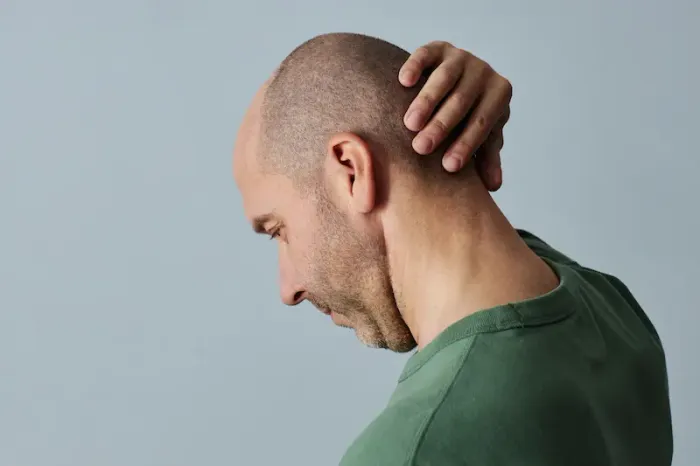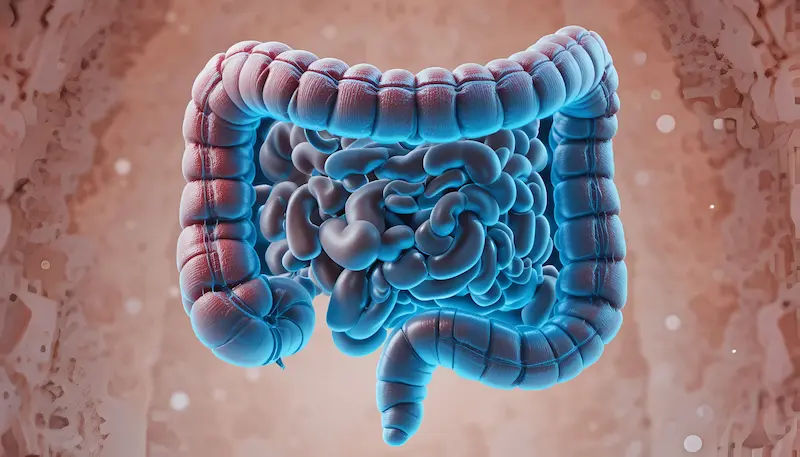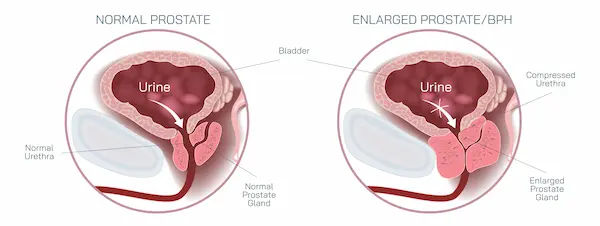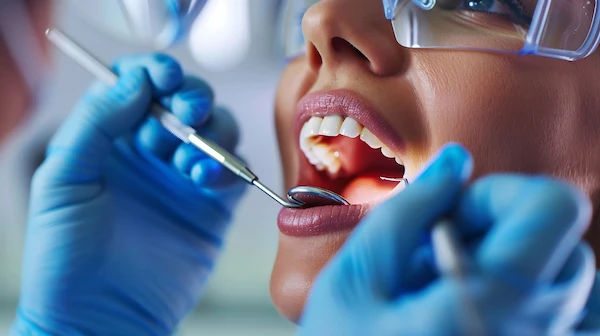Guide to Maintenance of Body Image During Cancer Treatment
Discover practical strategies to cope with body image changes during cancer treatment and rebuild confidence through healing and self-care.


Introduction
A cancer diagnosis turns your world upside down, and the treatment that follows can feel like it’s turning your body inside out. Between chemotherapy, radiation, surgery, and medications, the physical changes are often rapid and profound. Hair loss, weight fluctuations, scars, and fatigue can make you feel like a stranger in your own skin. This article is a compassionate guide to navigating these changes. We’ll explore not just how to cope with the impact of cancer treatment on your body image, but how to actively maintain a sense of self-worth and connection to your body throughout the journey. We'll provide practical strategies, a shift in mindset, and resources to help you foster resilience and compassion for the body that is working so hard to heal.
Understanding the Body-Mind Connection in Cancer Care
The relationship between your physical body and your mental state has never been more critical. When you don't recognise the person in the mirror, it's natural to feel grief, anger, or a deep sense of loss. Acknowledging this connection is the first step toward healing it.
Why Cancer Treatment Changes How You See Yourself
Cancer treatment is inherently invasive. It targets rapidly dividing cells, which unfortunately include not just cancer cells but also hair follicles, skin cells, and the lining of your digestive tract. This leads to the most visible side effects. Furthermore, surgeries alter your body's landscape, leaving marks that tell a story of survival but can be difficult to accept initially. The feeling of losing control over your own body is a central theme. Suddenly, your body seems to have a will of its own, dictated by treatment schedules and side effects. This loss of autonomy is a significant contributor to a negative body image during cancer.
It's More Than Vanity: The Real Impact of Body Image on Well-being
This isn't about superficial concerns. Research has shown that a negative body image can significantly impact a patient's quality of life. It can lead to social withdrawal, anxiety, depression, and even affect adherence to treatment. When you feel disconnected from or betrayed by your body, it's harder to muster the emotional energy needed for healing. Conversely, finding ways to feel comfortable and compassionate toward your body can improve mental well-being, which is a crucial component of overall health. If you find that these feelings are overwhelming and impacting your daily life, discussing them with a therapist or consulting a doctor online with Apollo24|7 can provide professional support tailored to your emotional needs.
Consult a Specialist for the best advice
A Proactive Approach: Building Your Body Image Resilience Toolkit
Instead of waiting to react to changes, you can build a toolkit of strategies to foster resilience from the start. This empowers you to take an active role in your emotional well-being.
Redefining Your Narrative: From "Fighting" to "Nurturing"
The language of "battling" cancer can be empowering for some, but for others, it adds pressure. What if you shifted the narrative to one of nurturing? Your body isn't a battlefield; it's your partner in healing. Practice speaking to yourself with kindness. Instead of "I hate what this treatment has done to me," try "My body is enduring so much to make me well. I will be gentle with it today." This subtle shift can reduce internal conflict and build a foundation of self-compassion that is essential for coping with body changes during chemotherapy.
Curating Your Environment for Positivity
Your environment plays a huge role in how you feel. This includes both your physical and digital spaces.
• Physical Space: Create a comfort corner in your home with soft blankets, comforting scents, and inspiring books. Get rid of clothes that don't fit or feel good right now. Invest in a few comfortable, stylish items that make you feel good—like a soft beanie, a beautiful scarf, or comfortable lounge wear.
• Digital Space: Be mindful of your social media feeds. Unfollow accounts that trigger comparisons or make you feel inadequate. Instead, follow communities and influencers who discuss cancer survivorship and body positivity in a realistic and empowering way.
Addressing Specific Physical Changes with Compassion
Let's get practical. Here’s how to approach some of the most common physical changes with a focus on care and control.
Navigating Hair Loss and Skin Changes
Hair loss is one of the most symbolic side effects of chemotherapy. Here are some ways to manage these changes:
• Empowerment through Choice: Some choose to shave their head before significant hair loss occurs, taking control of the process. Others experiment with wigs, scarves, turbans, or simply rock the bald look with confidence.
• Scalp and Skin Care: Your scalp and skin may become dry and sensitive. Use gentle, fragrance-free moisturisers and a satin pillowcase to reduce irritation. If you choose to wear a wig, ensure it's properly fitted. Protecting your skin from the sun is crucial, as it can be more sensitive during treatment.
Managing Weight Fluctuations and Appetite Loss
Whether you gain or lose weight, the change can be distressing. Here are some supportive approaches to help you maintain balance and well-being:
• Focus on Nourishment, Not Numbers: Shift your focus from the scale to nourishment. Work with a nutritionist to find foods you can tolerate. Sometimes, managing weight fluctuations is about eating small, frequent meals that are high in calories and protein. The goal is to fuel your body for healing.
• Gentle Movement: If your energy allows, gentle movement like walking or stretching can help you feel more connected to your body and improve appetite. Always check with your oncology team before starting any new exercise regimen.
Caring for Scars and Surgical Sites
Scars are marks of survival, but accepting them takes time. Here are some ways to support both the physical and emotional aspects of healing:
• Physical Care: Follow your medical team's instructions for scar care to promote optimal healing. This may include gentle massage with recommended oils or creams once the site is fully healed.
• Emotional Integration: Some find it helpful to give their scar a name or see it as a badge of honor. You might choose to look at it daily in the mirror, acknowledging its presence without judgment as part of your journey toward body image therapy for cancer survivors.
The Power of Mindset: Body Positivity vs. Body Neutrality
The "body positivity" movement encourages loving your body unconditionally. While a beautiful concept, it can feel like an impossible goal when you're dealing with the harsh realities of cancer treatment. An alternative is body neutrality. This mindset focuses on what your body can do rather than solely on how it looks. It's about gratitude for function: "My legs allow me to walk to the bathroom. My arms allow me to hug my loved ones. My body is working hard to process this medicine." This perspective reduces the pressure to feel positive all the time and allows for a more neutral, accepting relationship with your physical self.
Knowing When to Seek Extra Support
It's normal to have difficult days. However, if feelings of sadness, anger, or disgust toward your body are persistent, overwhelming, or leading to isolation, it's a sign to seek help. You don't have to navigate this alone. Consider reaching out to:
1. An oncology social worker or psychologist.
2. A cancer-specific support group (in-person or online).
3. Your medical team.
If your condition does not improve after trying these methods, book a physical visit to a doctor with Apollo24|7 who can refer you to appropriate mental health resources.
Conclusion
The journey through cancer treatment is unique for everyone, and so is the path to maintaining a positive body image during cancer. It's not about ignoring the changes or pretending they don't hurt. It's about building a new, compassionate relationship with the body that is carrying you through this challenge. By understanding the mind-body connection, taking proactive steps to build resilience, addressing changes with practical care, and adopting a mindset of neutrality or gratitude, you can protect your sense of self. Remember, your worth is not defined by your appearance, but by the incredible strength and resilience you show every day. Be patient and kind to yourself; healing takes many forms. If you are struggling to cope, remember that support is available and seeking it is a sign of strength.
Consult a Specialist for the best advice
Consult a Specialist for the best advice

Dr. Rupam Manna
Radiation Specialist Oncologist
7 Years • MBBS MD(RADIO THERAPY), CCEBDM
Barasat
Diab-Eat-Ease, Barasat

Dr.sanchayan Mandal
Medical Oncologist
17 Years • MBBS, DrNB( MEDICAL ONCOLOGY), DNB (RADIOTHERAPY),ECMO. PDCR. ASCO
Kolkata
Dr. Sanchayan Mandal Oncology Clinic, Kolkata

Dr. Raja T
Oncologist
20 Years • MBBS; MD; DM
Chennai
Apollo Hospitals Greams Road, Chennai
(200+ Patients)

Dr. Gopal Kumar
Head, Neck and Thyroid Cancer Surgeon
15 Years • MBBS, MS , FARHNS ( Seoul, South Korea ), FGOLF ( MSKCC, New York )
Delhi
Apollo Hospitals Indraprastha, Delhi
(25+ Patients)

Dr. Sanchayan Mandal
Medical Oncologist
17 Years • MBBS, DrNB( MEDICAL ONCOLOGY), DNB (RADIOTHERAPY),ECMO. PDCR. ASCO
Kolkata
MCR SUPER SPECIALITY POLY CLINIC & PATHOLOGY, Kolkata
Consult a Specialist for the best advice

Dr. Rupam Manna
Radiation Specialist Oncologist
7 Years • MBBS MD(RADIO THERAPY), CCEBDM
Barasat
Diab-Eat-Ease, Barasat

Dr.sanchayan Mandal
Medical Oncologist
17 Years • MBBS, DrNB( MEDICAL ONCOLOGY), DNB (RADIOTHERAPY),ECMO. PDCR. ASCO
Kolkata
Dr. Sanchayan Mandal Oncology Clinic, Kolkata

Dr. Raja T
Oncologist
20 Years • MBBS; MD; DM
Chennai
Apollo Hospitals Greams Road, Chennai
(200+ Patients)

Dr. Gopal Kumar
Head, Neck and Thyroid Cancer Surgeon
15 Years • MBBS, MS , FARHNS ( Seoul, South Korea ), FGOLF ( MSKCC, New York )
Delhi
Apollo Hospitals Indraprastha, Delhi
(25+ Patients)

Dr. Sanchayan Mandal
Medical Oncologist
17 Years • MBBS, DrNB( MEDICAL ONCOLOGY), DNB (RADIOTHERAPY),ECMO. PDCR. ASCO
Kolkata
MCR SUPER SPECIALITY POLY CLINIC & PATHOLOGY, Kolkata
More articles from General Medical Consultation
Frequently Asked Questions
1. Is it normal to feel angry at my body for getting cancer?
Absolutely. Feeling anger, betrayal, or frustration toward your body is a very common and normal reaction. Your body has changed in ways you didn't ask for. Acknowledging these feelings is healthier than suppressing them.
2. How can I talk to my partner about how I'm feeling about my body?
Be open and honest. Choose a calm moment and use 'I' statements, such as 'I feel vulnerable about the changes my body is going through' or 'I need your support in feeling loved and attractive right now.' Sharing your specific concerns can help your partner understand how to support you best.
3. What are some tips for feeling feminine after a mastectomy?
This is a deeply personal journey. Some women find empowerment in specially designed post-mastectomy bras and prosthetics. Others explore beautiful lingerie that makes them feel good. Camisoles with built-in pockets for drains can also be both practical and pretty. Connecting with other survivors can provide wonderful ideas and support.
4. When will I start to feel like 'myself' again after treatment ends?
There's no set timeline. The transition into survivorship, often called the 'new normal,' takes time. Your body has been through a trauma, and recovery is gradual. Be patient and allow yourself to grieve the pre-cancer self while slowly getting to know and accept your post-treatment body.
5. Can gentle exercise really help with body image?
Yes. Gentle activities like walking, yoga, or stretching can have a profound impact. They can help you reconnect with your body in a positive way, focusing on its ability to move and strengthen rather than its appearance. This can boost mood and improve overall well-being. Always consult your doctor before starting any new exercise.




